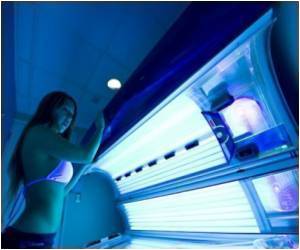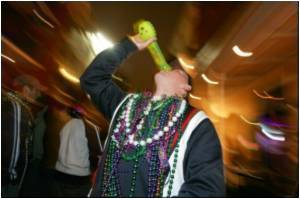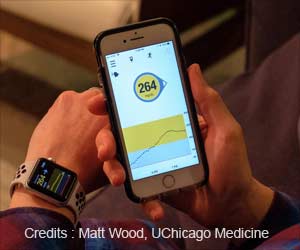Alcohol is known to increase slow-wave sleep during the first half of sleep, but then become disruptive.

- Alcohol is known to increase slow-wave sleep during the first half of sleep, but then become disruptive.
- A new study of the relationship between sleep and heart rate variability (HRV) during sleep has found that alcohol interferes with the restorative functions of sleep.
Results will be published in the November 2011 issue of Alcoholism: Clinical & Experimental Research and are currently available at Early View. Alcohol affects overall sleep architecture," said Yohei Sagawa, a medical doctor in the department of neuropsychiatry at the Akita University School of Medicine. "Normally, during physiologic nocturnal sleep in humans, the parasympathetic nervous system, responsible for 'rest-and-digest' activities, is dominant over the sympathetic nervous system, responsible for stimulating activities. We wanted to investigate how alcohol may change this complementary relationship."
"I believe that the approach used in this study is unique," added Seiji Nishino, director of the Sleep & Circadian Neurobiology Laboratory at Stanford University School of Medicine. "Although there are several studies monitoring HRV during sleep, as far as I know there is no report describing the effects of alcohol on autonomic nervous system during sleep using this parameter."
Sagawa and his colleagues gave 10 healthy, male university students with a mean age of 21.6 years three different alcohol beverages at three week intervals: 0g (control), 0.5g (low dose), or 1.0g (high dose) of pure ethanol/kg of body weight. On the day of the experiment, a Holter electrocardiogram was attached to the subject for a 24-hour period; the subject was instructed to drink one of the three alcoholic beverages 100 minutes before going to bed; and polysomnography was then performed for eight hours. Power spectral analysis of the HRV was performed using the maximum entropy method, and the low- and high-frequency components along with their ratios were calculated.
"Our study showed that alcohol suppresses the high-frequency power during sleep in a dosage-dependent manner," said Sagawa. "Although the first half of sleep after alcohol intake looks good on the EEG, the result of the assessment regarding the autonomic nerve system shows that drinking leads to insomnia rather than good sleep."
More specifically, as alcohol consumption increased, the heart rate increased and the spectral power of HRV measured at each frequency range decreased. Also, the low-frequency/high-frequency ratio that is considered an index of the balance between the sympathetic and parasympathetic systems was increased. This suggests that alcohol, in a dosage-dependent manner, suppresses the high-frequency component of HRV that is an indicator of parasympathetic nerve activity during sleep.
Advertisement
Sagawa agreed. "Many alcoholics and habitual drinkers suffer from insomnia," he said. "Suppressed parasympathetic nerve activity is the result of alcohol drinking. Thus, it is inferred that suppressed parasympathetic nerve activity is associated with insomnia, which includes difficulty getting to sleep, early-morning awakening, lack of a sense of deep sleep, and difficulty maintaining sleep."
Sagawa added that it is important for clinicians who are treating physical and psychological disorders related to alcohol to consider the disturbing effects on sleep's restorative effects that habitual drinking can have.
Source-Eurekalert















